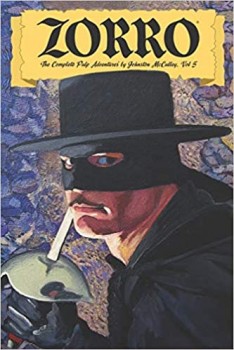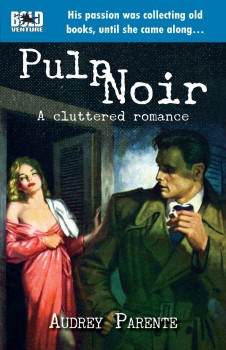The Aesthetics of Sword & Sorcery: An Interview with Philip Emery
The Shadow Cycles by Philip Emery (Immanion Press, August 2011)
This continues our interviews on “Beauty in Weird Fiction” with previous topics being:
- THE BEAUTY IN HORROR AND SADNESS: AN INTERVIEW with DARRELL SCHWEITZER
- THE BEAUTIFUL AND THE REPELLENT: AN INTERVIEW with CHARLES A. GRAMLICH
- DISGUST AND DESIRE: AN INTERVIEW with ANNA SMITH SPARK
- ACCESSIBLE DARK FANTASY: AN INTERVIEW with CAROL BERG
- GOD, DARKNESS, & WONDER: AN INTERVIEW with BYRON LEAVITT
Are you haunted, perhaps obsessed, with Sword & Sorcery?
Heroic fiction is infectious. Sometimes vicariously “being the hero” via reading is not enough to satisfy the call. Being compelled to write manifests next. Ghosts may be to blame. Robert E. Howard (1906-1936) is credited with originating the genre with his characters: Conan the Barbarian, King Kull, Solomon Kane, and Bran Mak Morn; in a 1933 correspondence to his friend and contemporary author, Clark Ashton Smith, Howard explained his interaction with the muse that inspired his Conan yarns.
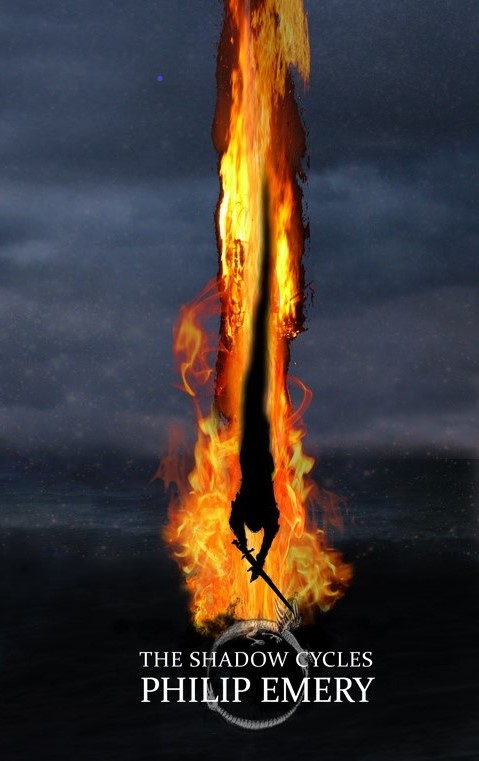
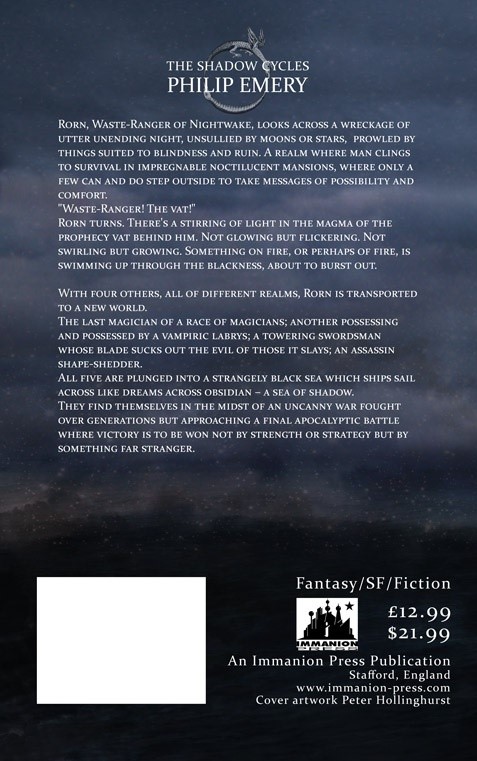
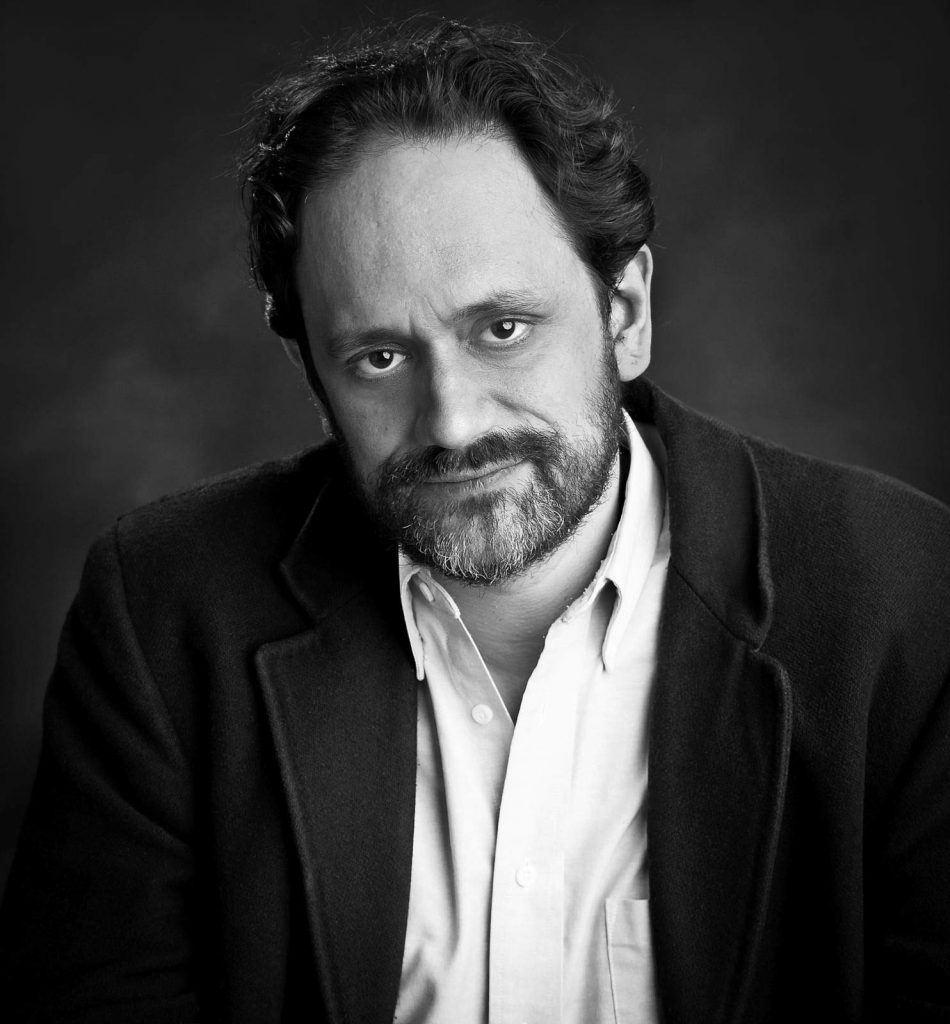
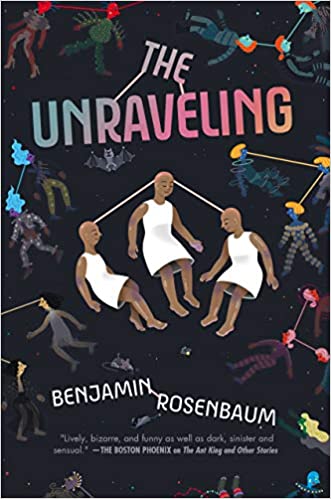
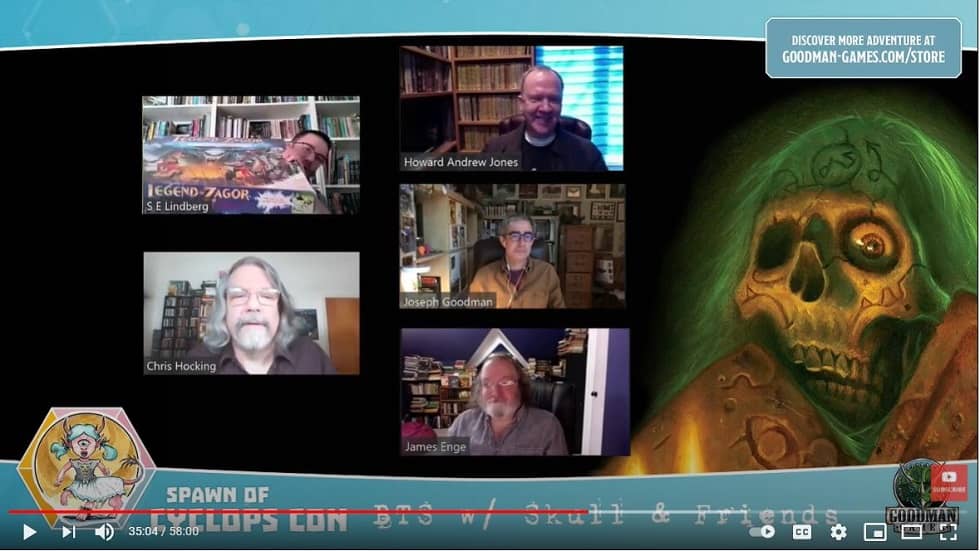
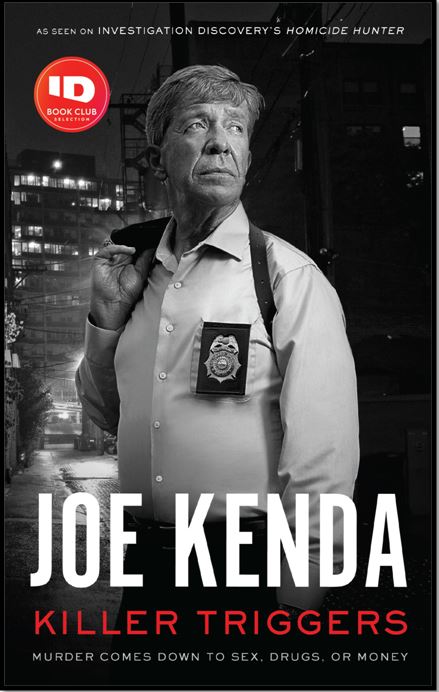
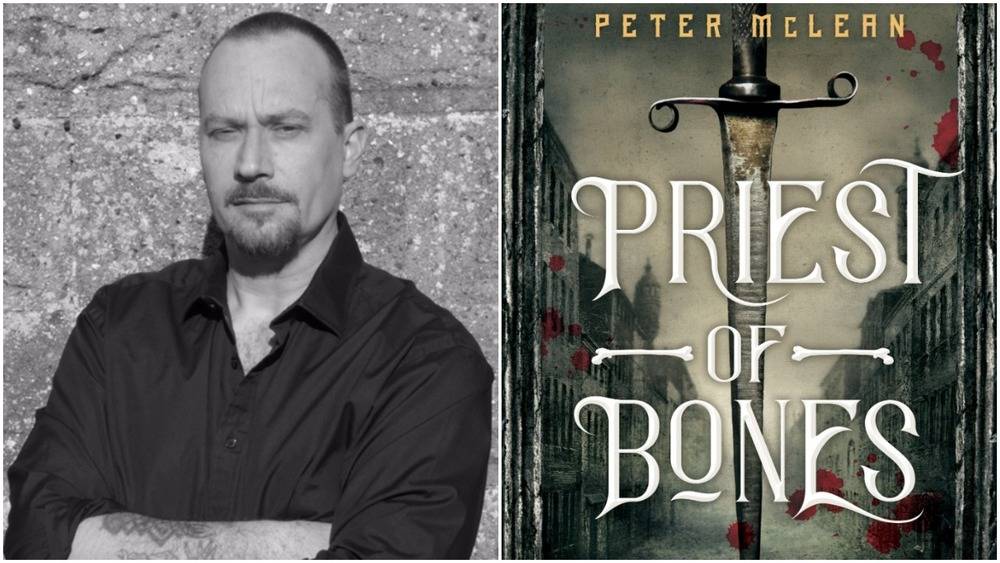
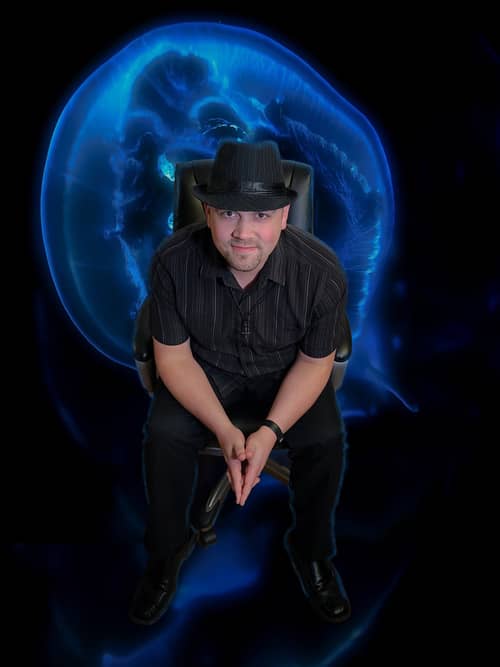


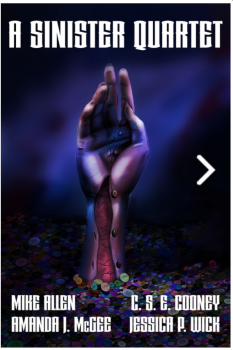 Ah, Horror in the time of Covid! It seems almost superfluous, like a feather boa on an ostrich.
Ah, Horror in the time of Covid! It seems almost superfluous, like a feather boa on an ostrich.